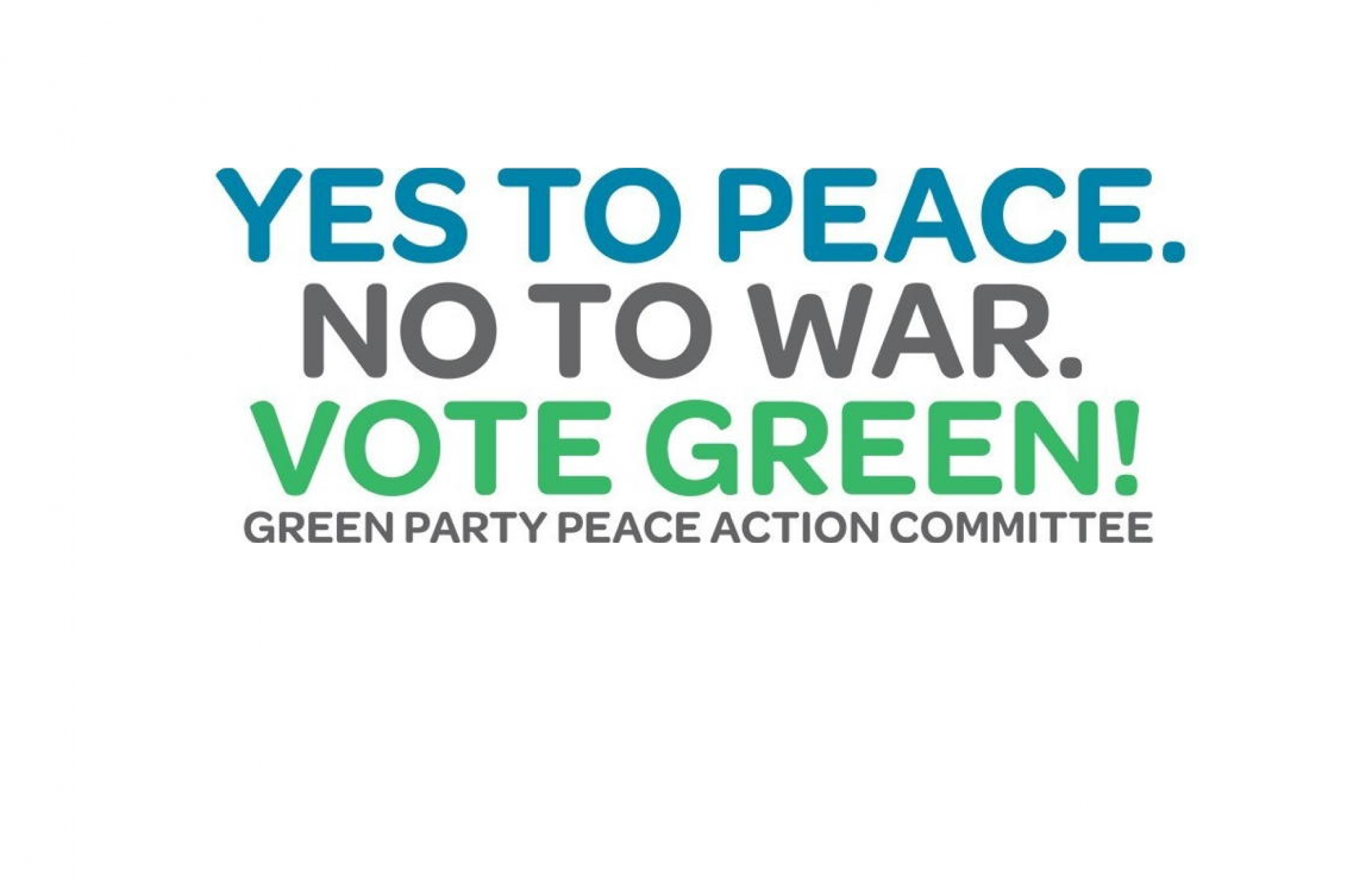Op ed by Keith Brumley March 2019
Edwin Starr, in his 1970 hit single asked “War, what is it good for?” His catchy answer was “absolutely nothing!”
On the face of it Mr. Starr’s point seems obvious. But if so why has the United States engaged in seemingly endless war in places like Vietnam, Panama, Grenada, Afghanistan and Iraq, since Mr. Starr’s song hit the charts? Why are policy makers in Washington D.C. fomenting for more war in Venezuela and Iran? Apparently, war is good for something as the U.S. continues engaging it.
Perhaps our policy makers, being graduates of Ivy League schools, know something of war’s benefits of which mere commoners are unaware? Perhaps they believe endless war is a means to maintaining and sustaining the affluent lifestyle we enjoy in the Unites States?
One argument may be jobs. Isn’t it true the defense industry is a major source of jobs for Americans? After all, President Trump was willing to turn a blind eye to Saudi Arabia’s murdering of journalist Jamal Khashoggi to keep an arms deal in place to “save American jobs.”
While it is true that companies like Raytheon, Boeing and Lockheed Martin make many billions of dollars manufacturing and selling their weapons to the Pentagon and countries like Saudi Arabia, profits are concentrated in the hands of the 1% – the CEOs and shareholders. War is “good” for them. Not so much for the rest of us. Certainly not for people on the receiving end of those weapons, like the war-torn victims of Yemen.
Professor Heidi Garrett-Peltier, in a 2017 studyLinks to an external site. published by Brown University’s Watson Institute, found that “federal spending on domestic programs in health care, education, clean energy and infrastructure creates more jobs, dollar for dollar, than military spending.” The reality, as David Swanson of World Beyond War notes, is “spending those same dollars on peaceful industries, on education, on infrastructure, or even on tax cuts for working people would produce more jobs and in most cases better-paying jobs.”
So it turns out, while war may be “good for” CEOs and shareholders of war profiteering corporations, it’s not for the rest of us. Taxpayers would get a bigger bang for the buck if we funneled money away from the Department of Defense and instead poured that money into funding Medicare for all, free college education, repairing and replacing our nation’s crumbling infrastructure, and enacting a “Green New Deal.” It would produce more and better jobs. And best of all, no more bombs ripping through school buses in Yemen.
Okay, but surely Americans are wealthier and happier because of our bellicose belligerence, right? Surely we enjoy lower “prices at the pump” and have a greater sense of security because of our endless wars?
In a word, no.
The U.S. contains roughly 5% of the world’s population but consumes nearly 30% of the world’s natural resources. If the rest of the world consumed like us we’d need several more planets to sustain all that consumption.
Even with all this consumption, the United States did not make the top 10 list of the World Economic Forum’s “happiest countries in the worldLinks to an external site.” in 2018 (we were 18th). That honor went to Finland, followed closely by Norway, Denmark, Iceland, Switzerland and the Netherlands.
Oddly, these countries aren’t making war on anyone at present. Perhaps the adage is true – “Anything war can do, peace can do better.”
The U.S. did lead the field in one area – anti-depressant use. Clearly endless war isn’t making us happier or more secure.
In fact, the imperialist policies of the United States make Americans less secure. It may seem strange but most people resent invading armies, drone strikes in the middle of the night, and covert CIA operations toppling their elected governments. That tends to make enemies, not friends.
Imagine the friends the United States would have the world over if we spent even a third of the trillion dollar (yes, with a “T”) defense related budget to provide medicine, food, shelter, roads, bridges, and education to countries we presently bomb or occupy with military bases? Rather than being viewed as the most threatening country to world peaceLinks to an external site., the United States would be the most loved.
Bloated “defense” budgets and endless war does not produce “good jobs,” does not make us wealthier or happier, and does not make us more secure.
So, back to Edwin Starr’s question – “War, what is it good for?”
He was right. “Absolutely nothing!”
